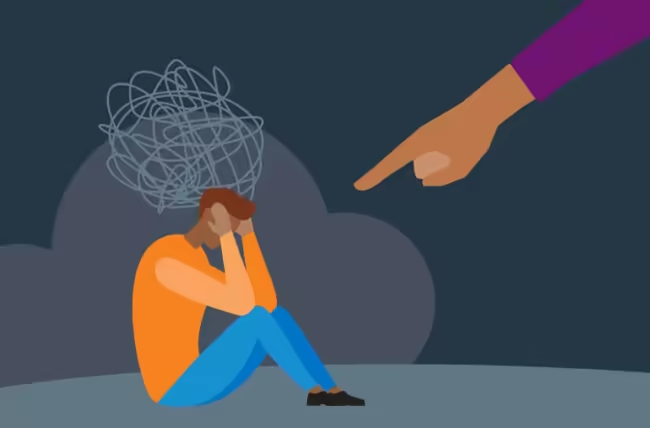Trauma bonding also called Stockholm syndrome or abusive bonding is a complex psychological disorder. It is related to a strong emotional but unhealthy attachment to a person or situation who is abusive. Most people experience it in their abusive relationships or situations where the patient cannot help himself but stay bonded to them.
Seven stages of trauma bonding:
According to psychology, if you keep getting back to the person or situation that has tortured you enough and you still love it and feel deeply attached to it then you are experiencing trauma bonding. There are seven stages of trauma bonding, understanding them will let you know how it happens and why. They are love bonding, winning trust, sudden criticism, gaslighting, submission, losing yourself and emotionally addicted.
Justifying:
One of the signs of trauma bonding is that you keep tolerating the abuser's behavior and justify it to your friends and family. You don’t openly confront the fact that you are being wronged and blamed for what you have not done. There are always excuses in your head that you make up to console yourself and others.
Constant attachment:
Even after knowing how badly you have been treated by the narcist you still think about them, care for them and want to be with them. It is you who is totally addicted to the abuser at this stage that you cannot part yourself from them.
Becoming helpful:
To know that you are in a toxic relationship must make you annoyed or upset. In trauma bonding a person who is suffering will become more helpful on the contrary. You will try your best efforts to ease the life of the other person.
Unable to quit:
Toxic relationships strangle you; they suffocate you. There is still this need in a trauma bonding relationship that you are unable to quit for the sake of the feelings you have experienced for that person. You accept the person the way they are and keep sacrificing yourself to stay with them.
Covering narcissist's behavior:
Once your family and friends have known that you are in a trauma bonding relationship you start ignoring them for the care they show towards you. they tell you where the other person or you are wrong or things are not acceptable the way they are. It is where you start getting defensive for their behaviour.
You hide your true self:
The narcist partner never cares about who you are and what you feel. What they are concerned about is their feelings and emotions and don’t make you feel that you are special too. At this point you start hiding yourself, your true feelings and emotions along with thoughts to satisfy them.
How to break trauma bonding signs:
You can break trauma bonding signs by starting self-care, thinking about yourself positively, and focusing on the truth and the current situation. Following all this will make you get your self-esteem back knowing that you have been wronged tremendously. It can take months or even years to break a trauma bond but as long as you keep reiterating these things, you will get there.
It's common for a toxic partner to become more controlling and aggressive when they realize you're trying to leave them. Seeking a 'mediator near me' can help you lay out clear boundaries with legal enforcement, as well as organize custody or property division if those are things that need dealing with. They can help provide you with security and support in this time, as well as navigate any legal rights you might be entitled to, like alimony.
It can be important to seek professional aid outside of the relationship when trying to get past a trauma bond. Therapy can be critical for re-establishing healthy patterns and improving self-confidence. A therapist can also help you set out steps for safely leaving the toxic relationship. This could include assessing your finances, enlisting help from friends or family, and coordinating with your job. It can seem difficult, nearly impossible, at times but you will be so much better off on the other side.



